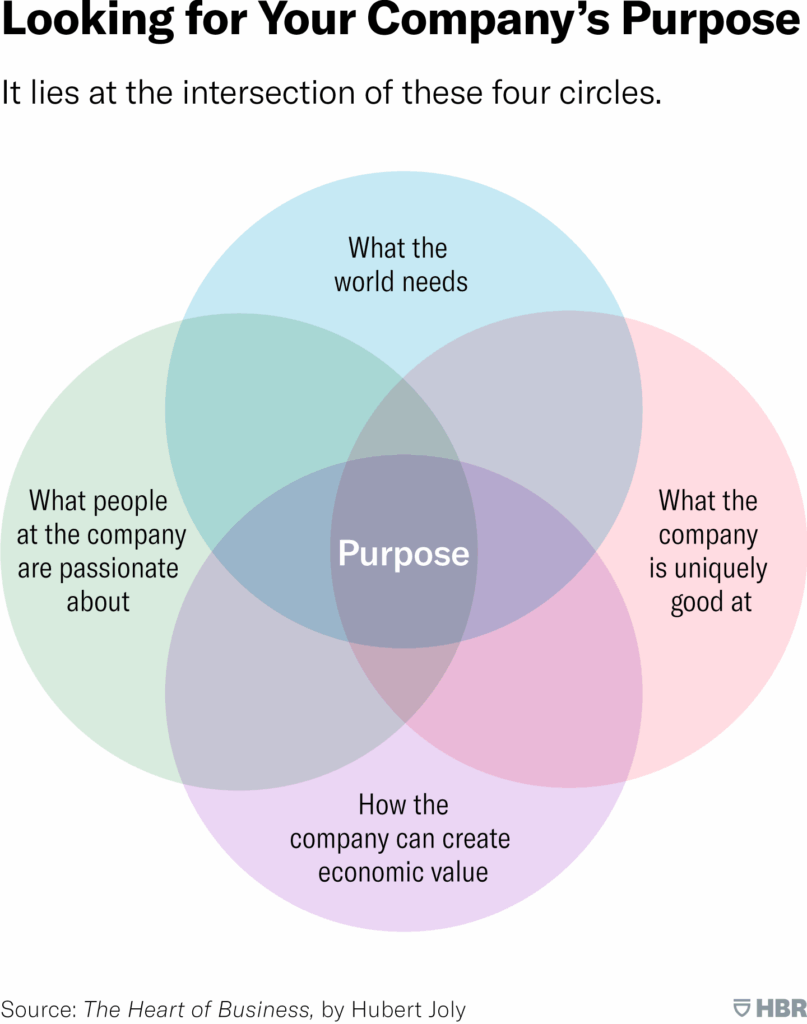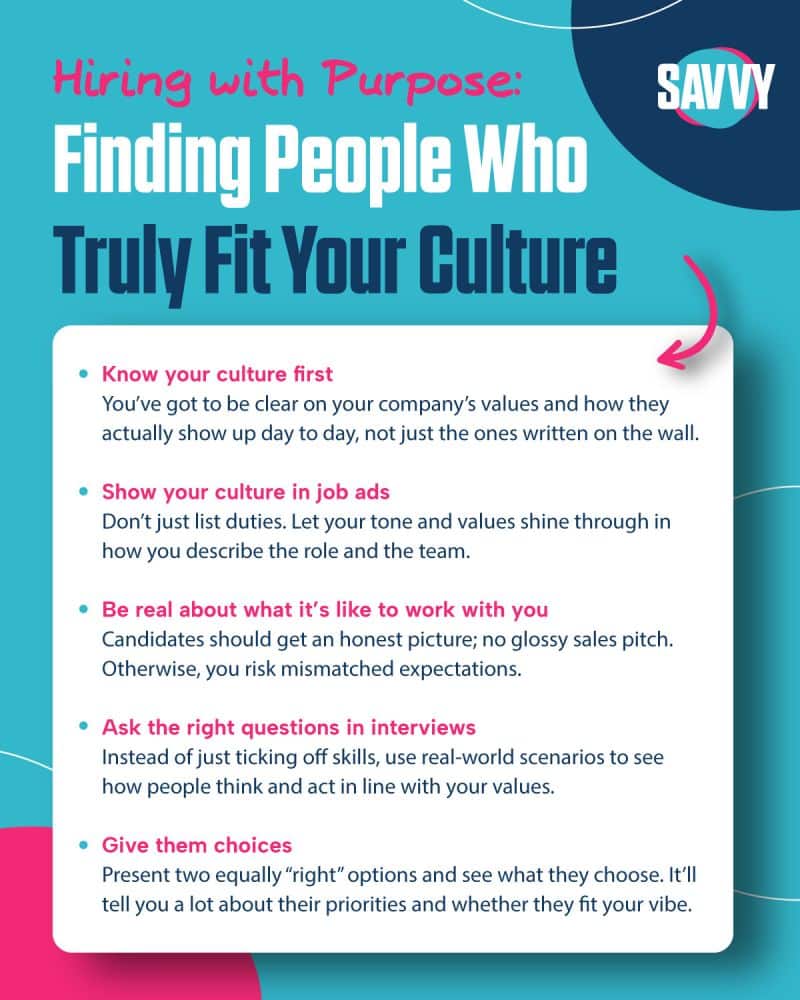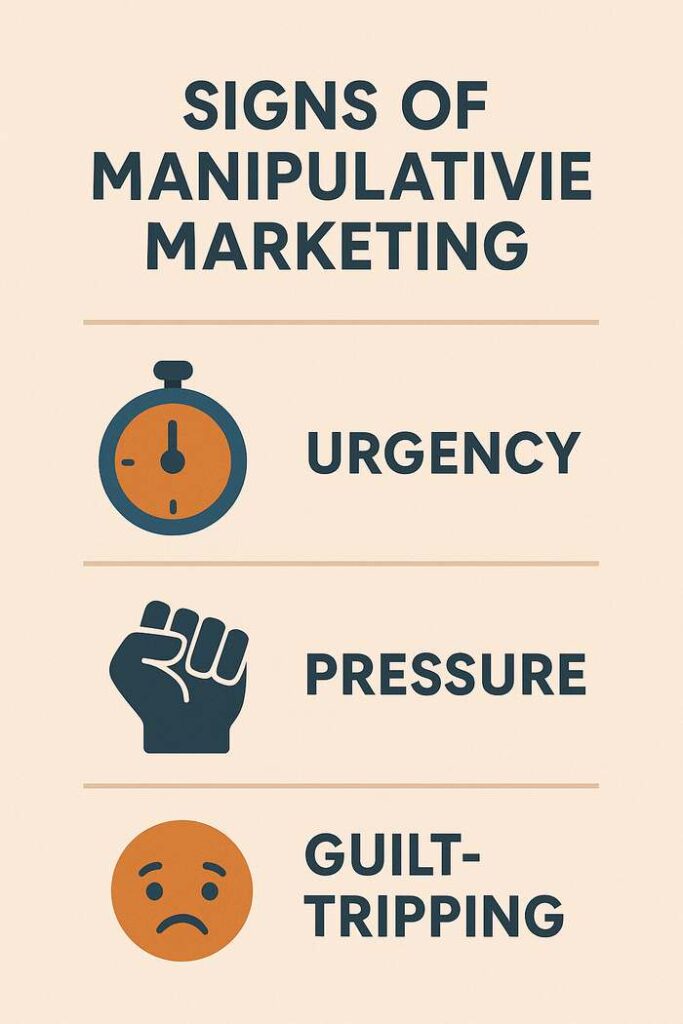Conscious capitalism has often been viewed as a philosophy reserved for visionary founders or top-level executives. But what if this concept went beyond branding strategies and became embedded in the everyday decisions and actions of an organization? When infused into a company’s operational DNA, conscious capitalism transforms from high-minded theory to actionable systems design.
This post explores how conscious capitalism is not just an ethical stance but a competitive advantage. By examining its principles and practical applications, we’ll uncover how you can align purpose with profit and create a system where every stakeholder benefits. Here, you’ll find insights into implementing conscious capitalism in hiring, marketing, operations, and leadership while addressing its long-term ROI.
The Four Tenets of Conscious Capitalism
At the core of conscious capitalism lie four fundamental principles. While they act as guiding philosophies, their real strength comes when applied to the frontline decision-making of a business. Here’s how they can move beyond concept into practice in overlooked areas of business operations.
Higher Purpose
Businesses should aim beyond generating profit and focus on creating a positive impact on employees, communities, and the planet. For example, TOMS Shoes ties its business purpose directly to its giving model by donating one pair of shoes for every pair sold.

Stakeholder Orientation
Unlike traditional shareholder capitalism, conscious capitalism emphasizes creating value for all stakeholders, including employees, customers, suppliers, and the community. Companies like Trader Joe’s build strong relationships with local suppliers while reducing their environmental footprint.
Conscious Leadership
Instead of top-down decision-making, conscious leadership fosters inclusivity and collaboration through humility, empathy, and transparency. Leaders at Whole Foods are known for prioritizing purpose across their operations, inspiring their teams to align with this mission.
Conscious Culture
This principle prioritizes fostering trust, respect, and ethical behavior within organizations, establishing a work culture where employees feel valued and connected to the company’s purpose. Patagonia exemplifies this by cultivating a culture that advocates sustainability and environmental leadership.
From Philosophy to Practice: Operationalizing Conscious Capitalism
Conscious capitalism takes on its full power when it becomes actionable. Let’s translate these tenets into everyday strategies that any organization can adopt.
Hiring with Purpose, Not Just Fit
The traditional hiring process often prioritizes “culture fit.” Conscious capitalism challenges this notion by focusing on “values alignment.”
Practical steps to incorporate conscious hiring include the following:
- Job Descriptions: Highlight your company’s purpose and values directly in the role description.
- Interviews: Ask scenario-based questions to reveal how candidates handle decisions when faced with ethical dilemmas.
- Onboarding: Use the onboarding process to anchor new hires to your company’s mission and purpose.
Companies like Salesforce accomplish this by clearly articulating their values in recruitment and aligning benefits with their purpose, such as their volunteering-focused employee engagement programs.

Operationalizing Stakeholder Thinking
Long-term partnerships create value for everyone. Conscious capitalism requires asking how your decisions affect not just your profits but also your entire business ecosystem.
Examples include:
- Vendor Relationships: Opt for suppliers who meet ethical and sustainable standards.
- Customer Service Policies: Implement policies that focus on respect and customer wellness rather than upselling.
- Community Impact: Use mapping tools like Social Suite to measure how your operational decisions affect various stakeholders.
Leadership Through Humility and Listening
Conscious capitalism starts at the top. Leaders need to replace command-style directives with curiosity, active listening, and actionable empathy.
Why does this matter? Teams led by emotionally intelligent leaders are more engaged and aligned with the broader company mission. Set up daily rituals, such as stakeholder feedback sessions or decision audits, to ensure leaders stay grounded in purpose.
For example, a conscious leader might run meetings that include a ritual of reflection, wherein key decisions from the past week are reviewed through the lens of stakeholder impact.
Marketing Without Manipulation
Ethical marketing builds trust, loyalty, and customer retention. Conscious companies turn away from exploitative tactics such as fear-based advertising and inflate pricing or anxiety triggers.
Value-driven strategies to adopt:
- Messaging: Use marketing that informs and inspires rather than preys on insecurities.
- Pricing Structures: Ensure price transparency and avoid hidden fees.
- “Value-Centered Funnels”: Replace scarcity-driven campaigns with genuinely helpful resources, such as free educational content or community-building activities around your mission.
Take IKEA’s environmental advocacy campaigns, for example. Their decision to promote “buy less” messaging may seem counterintuitive to profit-making but effectively deepens brand credibility and customer loyalty.

Image Source: Black Cat Web Studio
The ROI of Integrity
Conscious capitalism isn’t charity in disguise. If anything, it’s good business. Ethical frameworks and purpose-driven practices have repeatedly shown to deliver long-term benefits across profit centers.
Evidence of Success
Customer Loyalty and Retention
Companies aligned with conscious capitalism principles, such as REI, build unmatched customer loyalty, as ethical alignment drives more repeat behavior.
Employee Engagement
Higher purpose and conscious culture improve employee morale and reduce turnover rates. According to research by Gallup, companies with clear purpose statements achieve 19% higher employee retention rates.
Sustainable Innovation
Data from the Conscious Capitalism movement highlights that businesses committed to ethical practices outperform the S&P 500 by over 10x on a 15-year horizon.
The Hidden Work of Conscious Business
While the concept of conscious capitalism can feel aspirational, it isn’t without its challenges. Purpose-driven leadership often involves persistent emotional labor, decision fatigue, and pushback from stakeholders prioritizing short-term ROI over long-term value alignment.
How can leaders sustain momentum?
- Cultivate Purpose Collectively: Rather than carrying your company’s mission alone, form purpose-driven task forces across teams.
- Build Transparent Feedback Loops: Create mechanisms where employees and customers can voice alignment concerns with the company’s stated purpose.
- Stay Agile: Continuously re-evaluate your systems to adapt to change while still holding onto core values. No one claims perfection in conscious capitalism. It’s more about progress than purity.
Build a Business That Matters
Profits and purpose no longer need to live in opposition. Conscious capitalism demonstrates that embedding purpose into everyday micro-decisions creates a competitive advantage, fosters meaningful connections, and drives long-term success.
It doesn’t require a massive shift overnight. Start small. Reevaluate unconscious processes in one department. Test value-driven vendor practices. Audit your leadership rituals. Over time, you’ll see how purpose compounds into extraordinary results.
Challenge yourself today: What’s one unconscious business practice you can realign with purpose?






Your blog is a beacon of light in the often murky waters of online content. Your thoughtful analysis and insightful commentary never fail to leave a lasting impression. Keep up the amazing work!
Your blog is a shining example of excellence in content creation. I’m continually impressed by the depth of your knowledge and the clarity of your writing. Thank you for all that you do.
Your writing is not only informative but also incredibly inspiring. You have a knack for sparking curiosity and encouraging critical thinking. Thank you for being such a positive influence!
Your blog is a constant source of inspiration for me. Your passion for your subject matter is palpable, and it’s clear that you pour your heart and soul into every post. Keep up the incredible work!
Your writing has a way of resonating with me on a deep level. It’s clear that you put a lot of thought and effort into each piece, and it certainly doesn’t go unnoticed.
What a gem of a post! Thank you for illuminating this topic.
Your blog is a constant source of inspiration for me. Your passion for your subject matter is palpable, and it’s clear that you pour your heart and soul into every post. Keep up the incredible work!
Your blog is a constant source of inspiration for me. Your passion for your subject matter is palpable, and it’s clear that you pour your heart and soul into every post. Keep up the incredible work!
Your blog is a beacon of light in the often murky waters of online content. Your thoughtful analysis and insightful commentary never fail to leave a lasting impression. Keep up the amazing work!
Your blog is a constant source of inspiration for me. Your passion for your subject matter is palpable, and it’s clear that you pour your heart and soul into every post. Keep up the incredible work!
Your blog is a shining example of excellence in content creation. I’m continually impressed by the depth of your knowledge and the clarity of your writing. Thank you for all that you do.
Your blog is a testament to your dedication to your craft. Your commitment to excellence is evident in every aspect of your writing. Thank you for being such a positive influence in the online community.
Your writing has a way of resonating with me on a deep level. It’s clear that you put a lot of thought and effort into each piece, and it certainly doesn’t go unnoticed.
Your blog is a testament to your dedication to your craft. Your commitment to excellence is evident in every aspect of your writing. Thank you for being such a positive influence in the online community.
Your writing has a way of making even the most complex topics accessible and engaging. I’m constantly impressed by your ability to distill complicated concepts into easy-to-understand language.
There’s so much to learn on this topic. I appreciate all your points.
I like the efforts you have put in this, regards for all the great content.